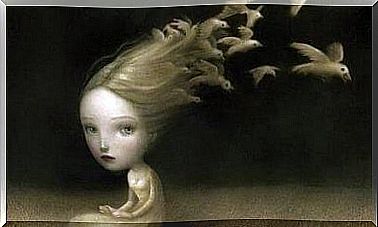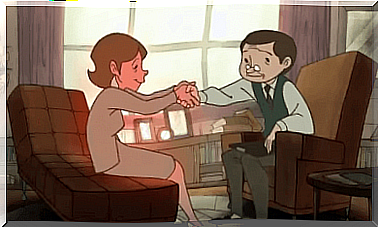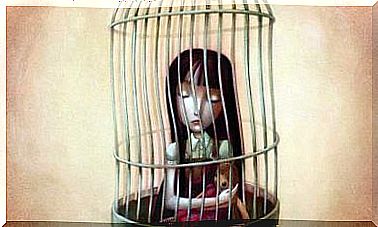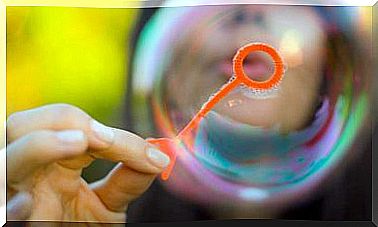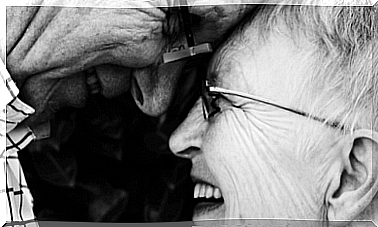Cinetherapy: Watch Films For Our Mental Health

Has watching movies ever changed the way we viewed a problem? Have we ever encountered a situation differently or have films made it possible for us to take a new perspective on what was going on in our lives? For our mental health, watching movies is a great, and most importantly, ubiquitous tool. That is why more and more psychologists are devoting themselves to cinema therapy to supplement their work with patients.
Watching movies allows viewers, in this case patients, to take in very different information. When we watch a movie, we have an auditory, visual, interpersonal, and intrapsychic experience. In other words, “cinetherapy”, as it is commonly called, can turn psychological treatment into a space for holistic and intersensory learning.
There are many benefits to our mental health watching movies.
Inspired by bibliotherapy
Bruce Skalarew, psychiatrist, psychoanalyst and co-president of the Forum for Psychoanalytic Film Studies, believes that cinema therapy followed the same path as bibliotherapy. As the name suggests, bibliotherapy refers to the use of books in clinical practice. Dr. Skalarev believes that cinema is a suitable tool to improve mental health.

Birgit Walz offers an explanation of why therapists should use films as part of therapy. She says that the images, music, sound, characters, backdrops and theatrical elements support the work of the psychologists. In addition, films have the ability to enhance the patient’s self-esteem and emotional outbursts. Walz believes that films can help change habits and develop.
“Cinetherapy can be a powerful catalyst for healing and growth for anyone willing to see how movies affect us.”
Birgit Walz
Personal reflection in cinema therapy
“What would I do if something like this happened to me?” or “How would my partner react if we had to find out?” are just two of the innumerable questions that viewers may ask themselves. Yes, films have the power to make us imagine ourselves in situations that we would otherwise not be able to ponder.
When we watch a film, we usually put ourselves in the shoes of the protagonist. We try to see with his eyes and how he thinks. For people who are in therapy, this practice helps in the sense of introspection. By detaching yourself from yourself, you can learn to better understand your present and future thoughts and feelings.
How we can use films for our mental health
Gary Solomon was one of the first psychologists to discuss the use of films in therapy. He says the first step is to choose films or short films that reflect the patient’s problem. In other words, the presentation must be as close as possible to the patient’s current situation.
Furthermore, the patient and therapist should have a discussion before watching the film. Among other things, it clarifies that you will consciously analyze the film while you are watching it. In this way the therapist can observe and study his patient’s reaction.
“Dream as if you would live forever; live as if you were going to die today. “
James Dean
After watching the film , the patient should explain the connections and similarities that he sees between the film and his or her life. It is often helpful if he tries to identify with one or more people in the film. The therapist should also encourage the patient to use their imagination.

Empathy and a new perspective
This technique has several advantages. One of these is the opportunity to improve the patient’s social and communication skills. Films show the patient situations that require empathy. In this way you can make him aware of his own feelings and desires.
Films also help the patient put the theory of mind into practice. This describes the ability to understand one’s own emotional processes. And not only that, but also other people’s thoughts and feelings. In addition, this technique helps by offering concrete situations, failures, and solutions. All of this can be achieved while patient and therapist enjoy moving images and moving dialogue. That is the magic of the film that helps the patient focus on the topic at hand.
Metaphors are considered to be the key to success if we are to use films as a therapeutic tool for our mental health.
Cinetherapy is not yet very well known. Nevertheless, it is used by more and more psychologists as part of a comprehensive treatment. However, it is important not to use them on patients with psychotic disorders. In such cases it could not be proven that the cinema therapy would have any benefit.


